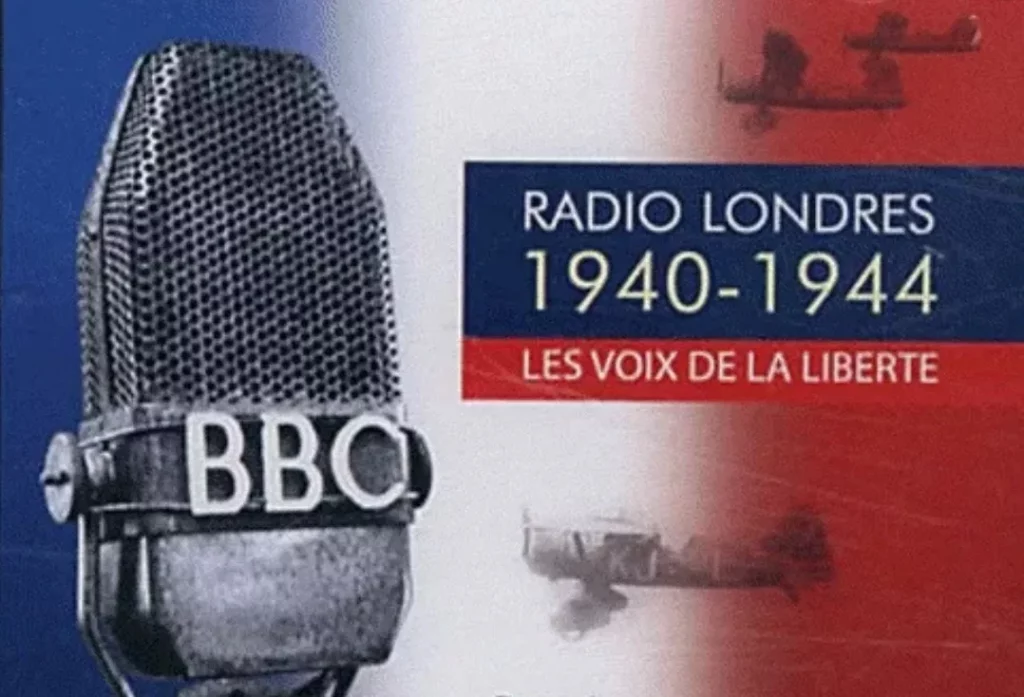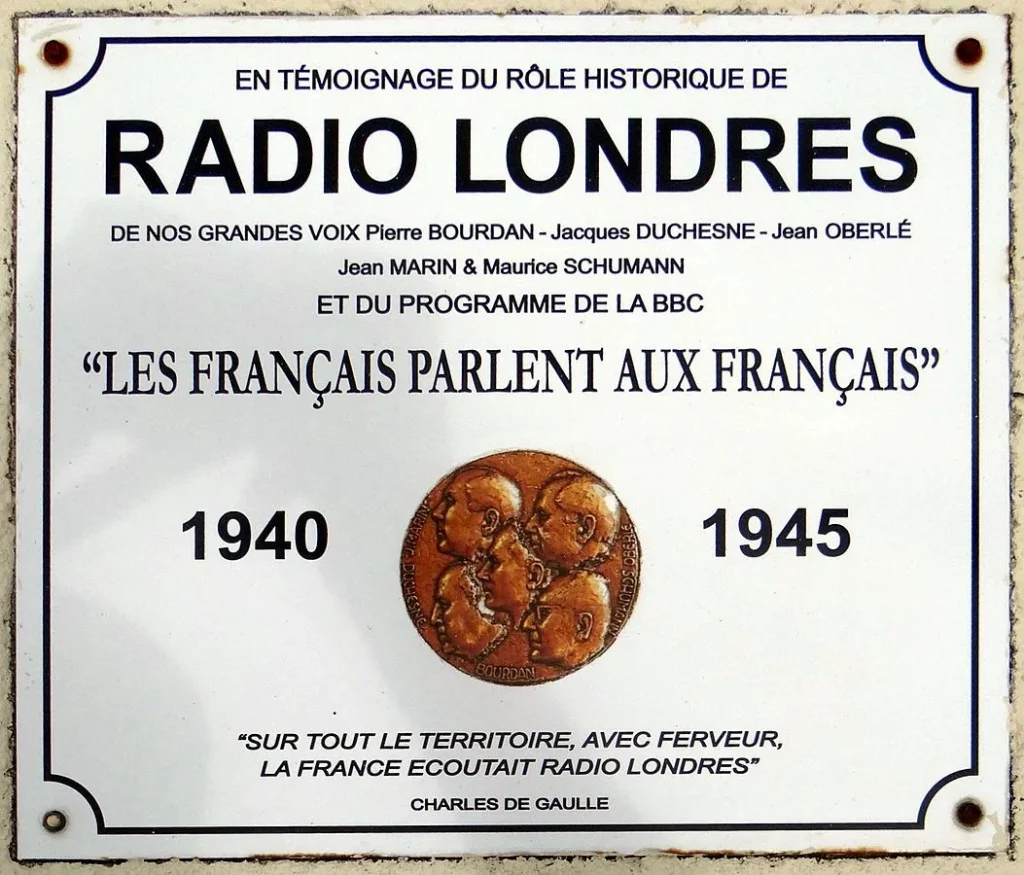During WWII, Radio Londres was an all-French, anti-propaganda BBC broadcast to fortify the morale of the French Resistance and to announce — often hilarously encoded (“Jean a une longue moustache”) — appeals to sabotage the occupiers.

On June 1, 1944 one such message — from Paul Verlaine’s poem about autumn violins — meant that D-Day was imminent and that operatives could start boobytrapping railroads to slow Nazi efforts to reinforce their troops on the East coast.

The message was buried among hundreds of others sent that day, but it was repeated and powerfully transmitted to compensate for the aggressive jamming efforts of the Wehrmacht. Desensitized and ultravigilant about messages they could not precisely decode, the Axis occupiers failed to respond adequately.
The rest, as they say, is history. In the end, it wasn’t the V2 rocket-bombs, destroyers, submarines nor was it air superiority that won the war. It was the galvanizing effect of intangible wireless signals that ultimately formed sound waves and pushing air molecules against eardrums, prompted unified action on many fronts.
That’s the true advantage of radio, the most powerful weapon of WWII.
Ref: top image, from left: Paul Boivin, Jacques Duchesne, Geneviève Brissot and Jean-Paul Granville from the daily wartime BBC broadcast « Les Français parlent aux Français », part of Radio London. For more read: https://Popa.ca/F2F and https://popa.ca/F2F2

